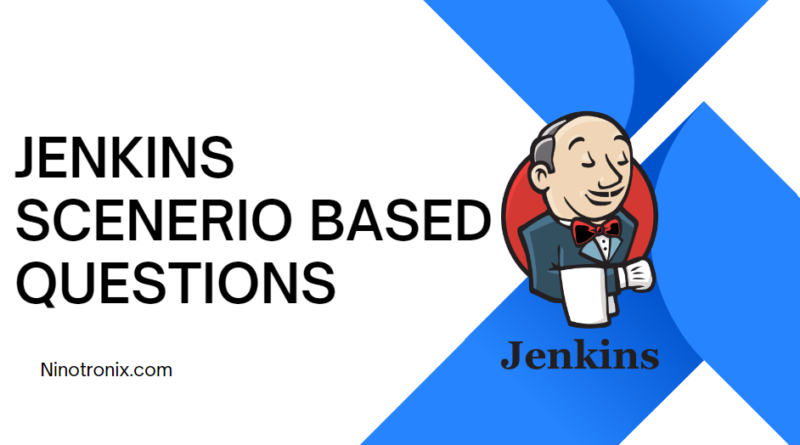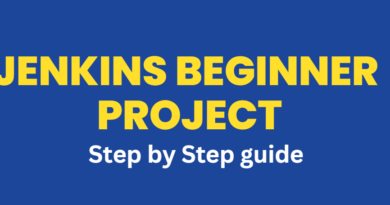Sharpen Your Jenkins Skills with Practical Scenario-Based Questions and Code Walkthroughs
- Scenario: You want to create a Jenkins pipeline that builds a Maven-based Java project and runs unit tests. Write a Jenkinsfile that executes these steps.
Code:
pipeline {
agent any
stages {
stage('Build') {
steps {
sh 'mvn -B -DskipTests clean package'
}
}
stage('Test') {
steps {
sh 'mvn test'
}
}
}
}
- Scenario: You want to create a Jenkins pipeline that builds a Docker image, pushes it to a Docker registry, and deploys it to a Kubernetes cluster. Write a Jenkinsfile that executes these steps.
Code:
pipeline {
agent any
environment {
DOCKER_REGISTRY = 'my-docker-registry.com'
KUBECONFIG = credentials('kubeconfig')
}
stages {
stage('Build') {
steps {
script {
def dockerImage = docker.build("my-image:${env.BUILD_NUMBER}")
docker.withRegistry(env.DOCKER_REGISTRY, credentialsId: 'docker-hub') {
dockerImage.push()
}
}
}
}
stage('Deploy') {
steps {
sh "kubectl apply -f kubernetes/deployment.yaml --kubeconfig=\${KUBECONFIG}"
}
}
}
}
- Scenario: You want to create a Jenkins pipeline that triggers a build when changes are pushed to a Git repository. Write a Jenkinsfile that sets up a webhook and executes the pipeline on push events.
Code:
pipeline {
agent any
triggers {
githubPush()
}
stages {
stage('Build') {
steps {
sh 'mvn -B -DskipTests clean package'
}
}
stage('Test') {
steps {
sh 'mvn test'
}
}
}
}
- Scenario: You want to create a Jenkins pipeline that deploys a Java application to a remote server. Write a Jenkinsfile that uses SSH to copy the artifact to the server and start the application.
Code:
pipeline {
agent any
environment {
SERVER = 'my-server.com'
USERNAME = credentials('ssh-username')
PASSWORD = credentials('ssh-password')
}
stages {
stage('Build') {
steps {
sh 'mvn -B -DskipTests clean package'
}
}
stage('Deploy') {
steps {
sshagent(['ssh-key']) {
sh "sshpass -p \$PASSWORD scp target/my-app.jar \$USERNAME@\$SERVER:/home/\$USERNAME/my-app.jar"
sh "sshpass -p \$PASSWORD ssh \$USERNAME@\$SERVER 'java -jar /home/\$USERNAME/my-app.jar &'"
}
}
}
}
}
- Scenario: You want to create a Jenkins pipeline that deploys a Python application to AWS Lambda. Write a Jenkinsfile that packages the application and deploys it to Lambda using the AWS CLI.
Code:
pipeline {
agent any
environment {
AWS_ACCESS_KEY_ID = credentials('aws-access-key')
AWS_SECRET_ACCESS_KEY = credentials('aws-secret-key')
AWS_DEFAULT_REGION = 'us-east-1'
}
stages {
stage('Build') {
steps {
sh 'pip install -r requirements.txt -t build'
sh 'cp app.py build/'
sh 'cd build && zip -r ../lambda.zip . && cd ..'
}
}
stage('Deploy') {
steps {
sh 'aws lambda update-function-code --function



